Rice Paper Window
Christabel Choi
Christabel Choi enters South Korea as a student in 1989 with a copy of the Communist Manifesto among the books in her bag. She doesn’t realize that it could get her—or anyone she might lend it to—arrested or disappeared.
She soon finds herself the only woman in the company of men in a Buddhist temple boarding house: as an honorary little brother. At the university over the mountain, she realizes her classmates lead the dangerous fight to eliminate the remnants of dictatorship and bring a decisive end to martial law.
The next eight months pass in a contrast between the fight for democracy and the peace of the mountain and temple. Every week the campus erupts with demands for political freedom, fair pay for workers, as well as apology and reparations for US and Korean government atrocities like the Gwangju Massacre and the April Uprising.
Recognizing this is an historic moment—both for Korea as a nation, and for herself newly immersed into a Korean life—Christabel keeps a careful journal of her days. She records her frequent brushes with soldiers on the roads and mountain trails between her house, the campus, and throughout the city of Seoul. She shares a fresh glimpse of food, places, friendships, and customs as she encounters them for the first time.
This unforgettable memoir is both the coming-of-age story of a sensitive young woman, and the portrait of a country struggling to emerge from decades of occupation, war, and authoritarian rule into one of peace, democracy, and prosperity.
Trade Paperback Editions
Hardcover Editions
Digital Editions
Signed Editions
Book Details
| Availability | |
|---|---|
| Available Editions |
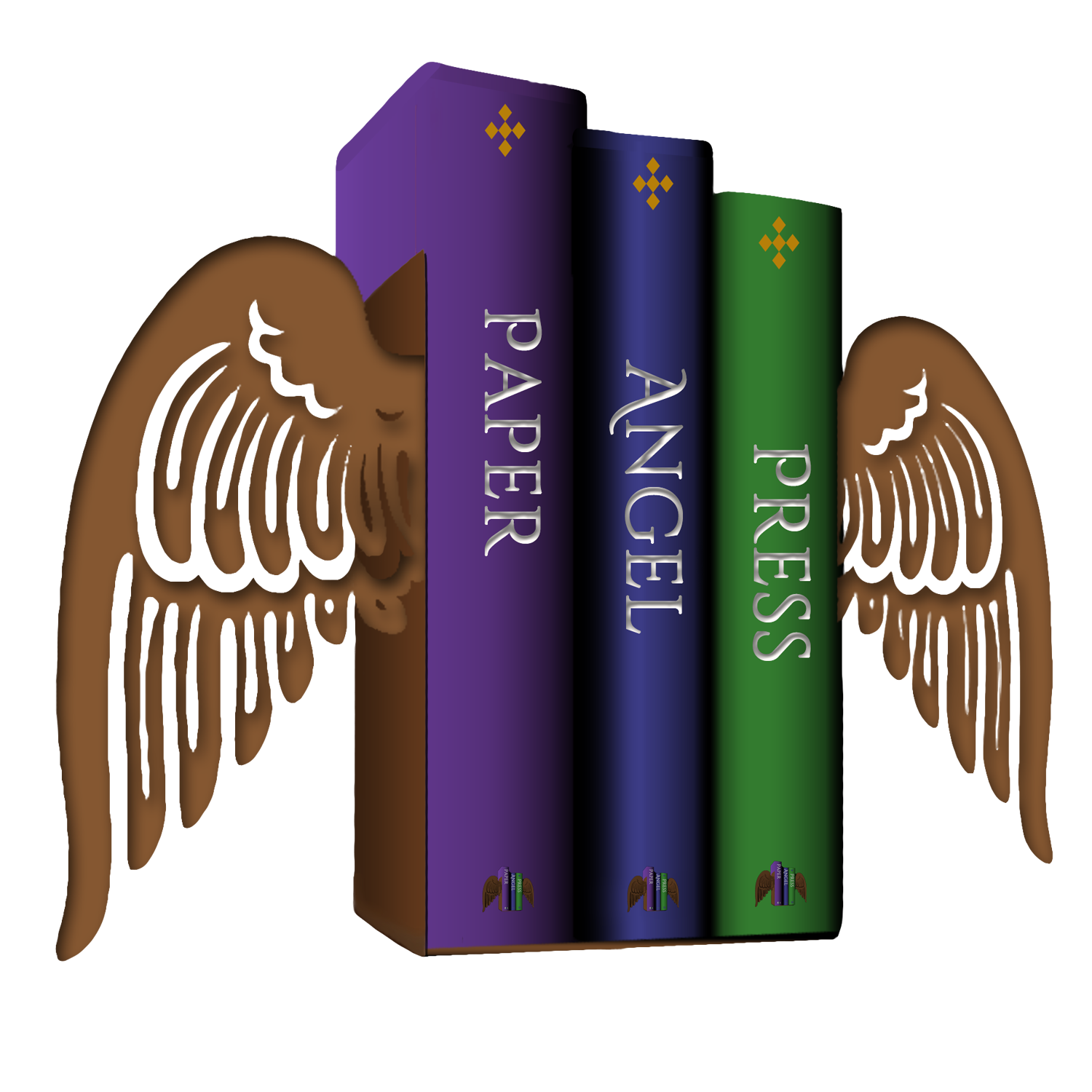
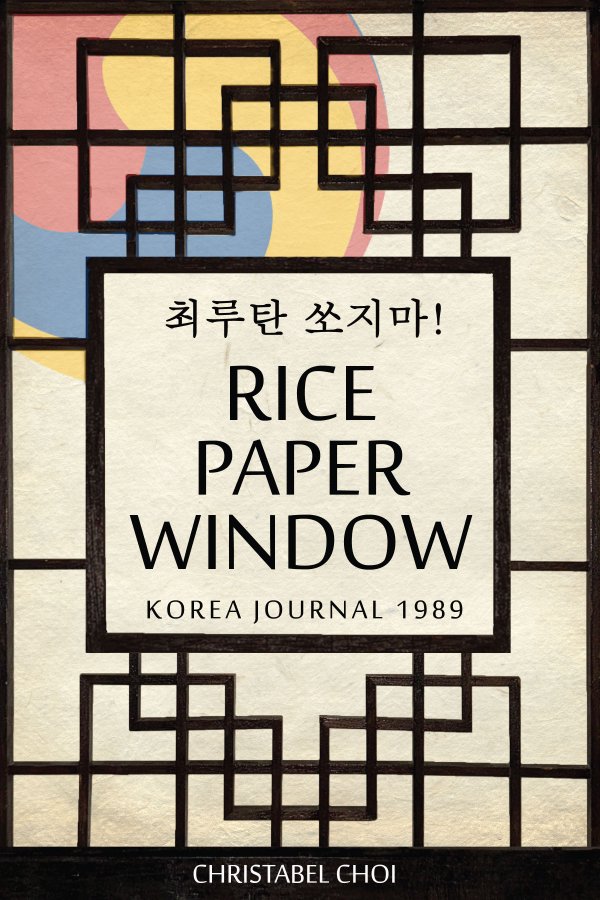

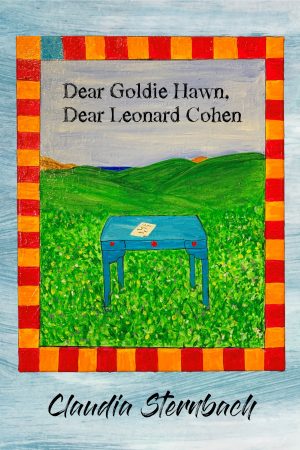

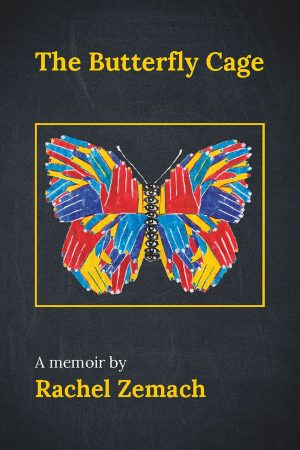
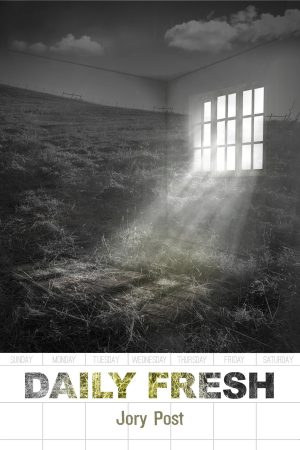
Reviews
There are no reviews yet.